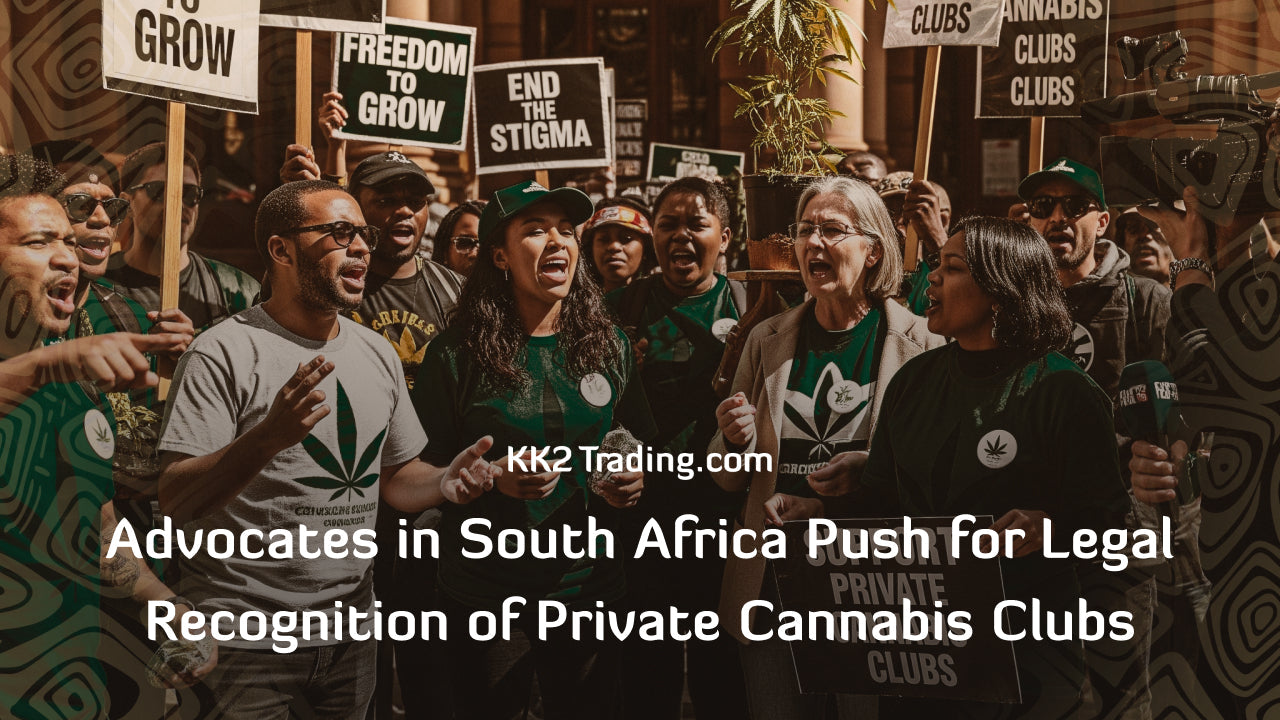
South Africa is now part of a small but growing group of nations that have adopted national adult-use cannabis legalization, alongside Uruguay, Canada, Malta, Luxembourg, and Germany. The Czech Republic is next in line, with legalization taking effect in January 2026.
The seeds of reform in South Africa were planted in 2018, when the nation’s Constitutional Court ruled that cannabis prohibition against private adult use was unconstitutional. That landmark decision was formally codified into law in 2024, creating the basis for the country’s modern legalization framework.
The Push for Cannabis Clubs
While legalization has been established, the details of South Africa’s cannabis industry are still being shaped. A key battleground now lies in the recognition of private cannabis clubs.
The newly launched South African Cannabis Clubs Alliance (SACCA) is working to unify voices across the movement and lobby for legal recognition. SACCA argues that self-regulated clubs provide a safer and more transparent alternative to the country’s current “grey market” of unlicensed cannabis outlets.
“The time is critical for the private club movement to speak with one voice ahead of the anticipated release of draft regulations that will empower the Cannabis for Private Purposes Act,” reported Cannabiz Africa.
The Legal Grey Zone
Despite legalization, thousands of cannabis businesses in South Africa still operate in a legal limbo. Conflicting court rulings have left private clubs in what SACCA calls a “no man’s land”—technically not illegal, but not legally recognized either.
The Alliance stresses that formal regulation of clubs would promote:
-
Safety and quality control
-
Transparency in operations
-
Legitimacy for both consumers and business owners
Building a Collaborative Framework
SACCA has launched a website inviting broad participation in drafting its foundational documents. The group is reaching out to cultivators, lawyers, health professionals, traditional healers, activists, and local communities.
The drafting phase will remain open until February 2026, after which finalized proposals will be submitted to relevant government agencies in March 2026.
“SACCA is committed to an inclusive, transparent drafting process,” the group states, emphasizing its aim to balance patient rights, consumer freedom, and community safety.
South Africa in the Global Context
The recognition of private cannabis clubs is not unique to South Africa. Similar models are already operating—legally or semi-legally—in countries such as Spain, Malta, and Germany. These approaches are shaping new conversations about how legalization should be defined: Is it enough to allow possession and private use, or must it also include regulated spaces for community and commerce?
For a broader comparison of how countries are shaping their legalization frameworks differently, see our report on Cannabis Legalization Models in the U.S. and Europe



